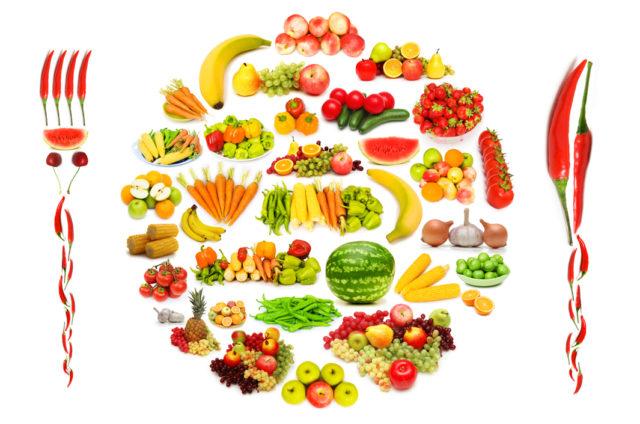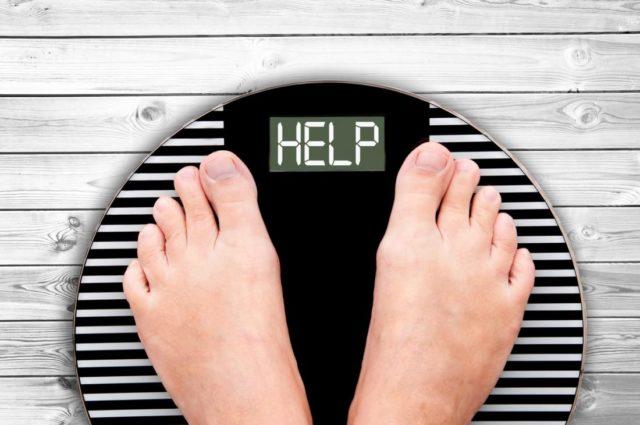Obesity is a serious problem that is increasing in many parts of the world, especially in North America. It affects everyone, from children to adults and the elderly. Contrary to popular belief that overweight or obese people cannot control their eating habits or eat a lot of fast food, there are many other factors that play a role.
Of course, as always, education is essential to fight any pandemic, which is why you should be aware of the causes of obesity. Overeating is certainly, but only a very small percentage. So let’s explore other causes of obesity.

1. Genetics
Genetics play a major role in determining your weight. If you are obese or obese grandparents, you are more likely to be the same. It is said that the amount of influence of genetic factors on the onset of obesity varies between 40 and 70% and depends on other environmental factors.
A study focusing on how obesity is transmitted during childbirth has found that children born to obese parents have an 80% chance of ending obesity themselves. This was compared to children born to parents of normal weight who had a 10% risk of obesity. The fact is that some people’s genes are eliminated better in things like higher metabolism and less appetite than others, and these can affect what’s going on.

2. Environment
The environment is the second most important factor that affects your ability to maintain a healthy weight other than genetics. It largely depends on how and where you were born and when you were a child, and the lifestyle choices you have been preparing for since childhood.
Eating fresh, natural foods is essential, but it can be difficult to always have these foods that are not readily available or when your family / community has been on a diet for a long time. “Comfortable” food is often very unhealthy, but some people seem to have no other choice. It is also important that you exercise regularly from childhood, which people who live and grow up in places like cities, for example, may find it difficult to integrate into their lifestyle.
Read more : https://fullnessbuzz.com/skin-care-products-steer-clear-of-these-5-ingredients/

3. Food Knowledge
As we mentioned, education is a major factor in tackling any problem you may face in life, and obesity is no different. Since many people are unaware of nutritious or unhealthy foods for the foods they eat daily, they can build up over their lifetime.
Certain foods that we think are good for us, whether due to ignorance or misinformation, can be harmful. This can hinder your attempts to eat a balanced diet and maintain a healthy weight, no matter how hard you try. Controlling parts is another important thing to consider, because just because food is considered safe doesn’t mean large amounts can be consumed. Everything is in moderation!

4. Metabolism & Hormone Imbalance
Metabolism is the body’s ability to efficiently break down the food we eat and convert it into energy. When a person’s metabolism is not working to its full potential, untapped calories can be harvested as obesity in the body, resulting in weight gain.
Whether a person has a high or low metabolism can depend on several factors. One, as we mentioned earlier, could be genetically linked. Other common factors include diseases that cause a hormonal imbalance in your body, such as hypothyroidism, Cushing’s syndrome, depression, or other neurological problems. In addition, if someone is on a single drug like steroids or antidepressants, whether related to the aforementioned diseases or not, it can also affect your metabolism, stimulate unhealthy cravings and cause weight gain.
Read more : https://fullnessbuzz.com/7-bedtime-habits-that-help-you-get-thinner/

5. Psychological influences
We mentioned that although overeating is only a small part of the causes of obesity, it still exists. But in many cases, it can be such a desire to eat for psychological reasons or mental health problems.
Mental health problems such as depression and anxiety go hand in hand with obesity. Either can excite the other, making both problems worse. When people feel sad, angry, anxious, or just tired of life, they often turn to “comfortable” foods. In addition, it will reduce their motivation to get up and move, which will reduce their physical activity. Being overweight makes them feel bad about themselves, making them less interested in what they eat, etc. It’s really a vicious circle.







